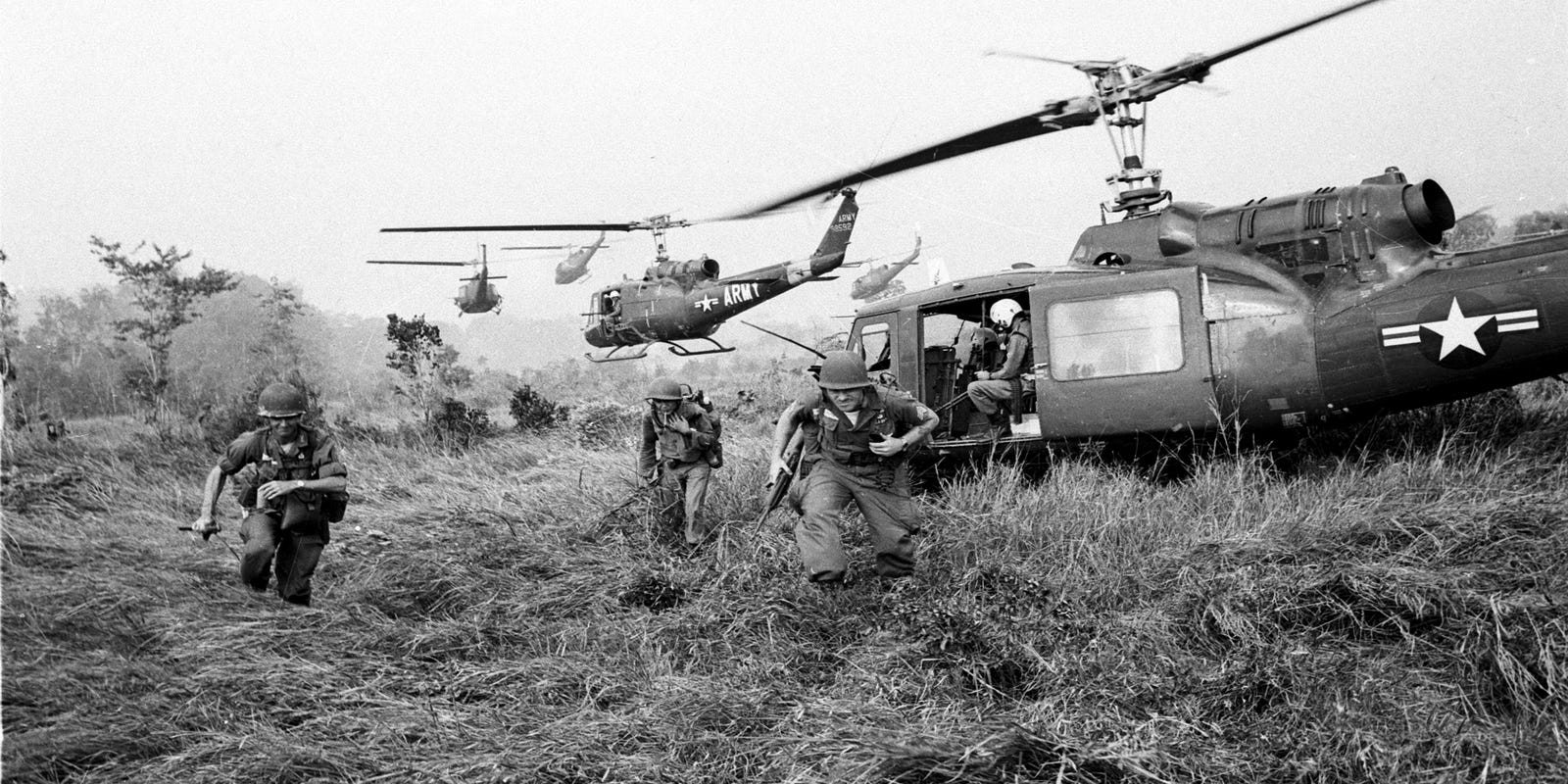Eva Guo (9) l STAFF REPORTER
As more conflicts continue to surface, there is an increased demand for Western powers to intervene. However, history would say otherwise.
Let’s go back a few decades to the Vietnam War; a civil war between the Soviet-backed North and the US-backed South. Although both sides were supported by foreign powers, only the US-drafted troops fought. In March 1965, the first American troops landed on Vietnamese soil. What did the US involvement result in? Massacres of innocent civilians, protests against the war, a forced draft of American citizens (many fleeing to Canada to escape the draft), and around 60,000 American deaths. Only for the United States to withdraw and let Southern Vietnam fall. It was a meaningless intervention with little public support and a high price to pay.
One may argue that in the case of a humanitarian crisis, other countries should lend aid in the form of intervention. However, let us look at the country of Libya; a victim of “humanitarian intervention”. In 2011, NATO went to war with the country on seemingly false reports of harm towards its citizens. By the end of the war, Libya was left in shambles with the economy ruined, their President brutally murdered, and the country riddled with violence.
A few years after the end of the Vietnam War, the Soviet Union launched their own invasion of Afghanistan. At the time, there was a guerrilla war between the communist government and the anti-communist Muslims. Of course, the Soviet Union attempted to intervene on the side of the communist government. After an unsuccessful operation, and billions of dollars lost, the USSR completely withdrew its troops in 1989. Afghanistan was left devastated by the war for the Taliban to take control and establish a base for global terrorist operations.
On a surface level, foreign intervention can be seen as beneficial. However the interference can not only be detrimental to the countries affected, but also to the interferer, and the future of the world.



